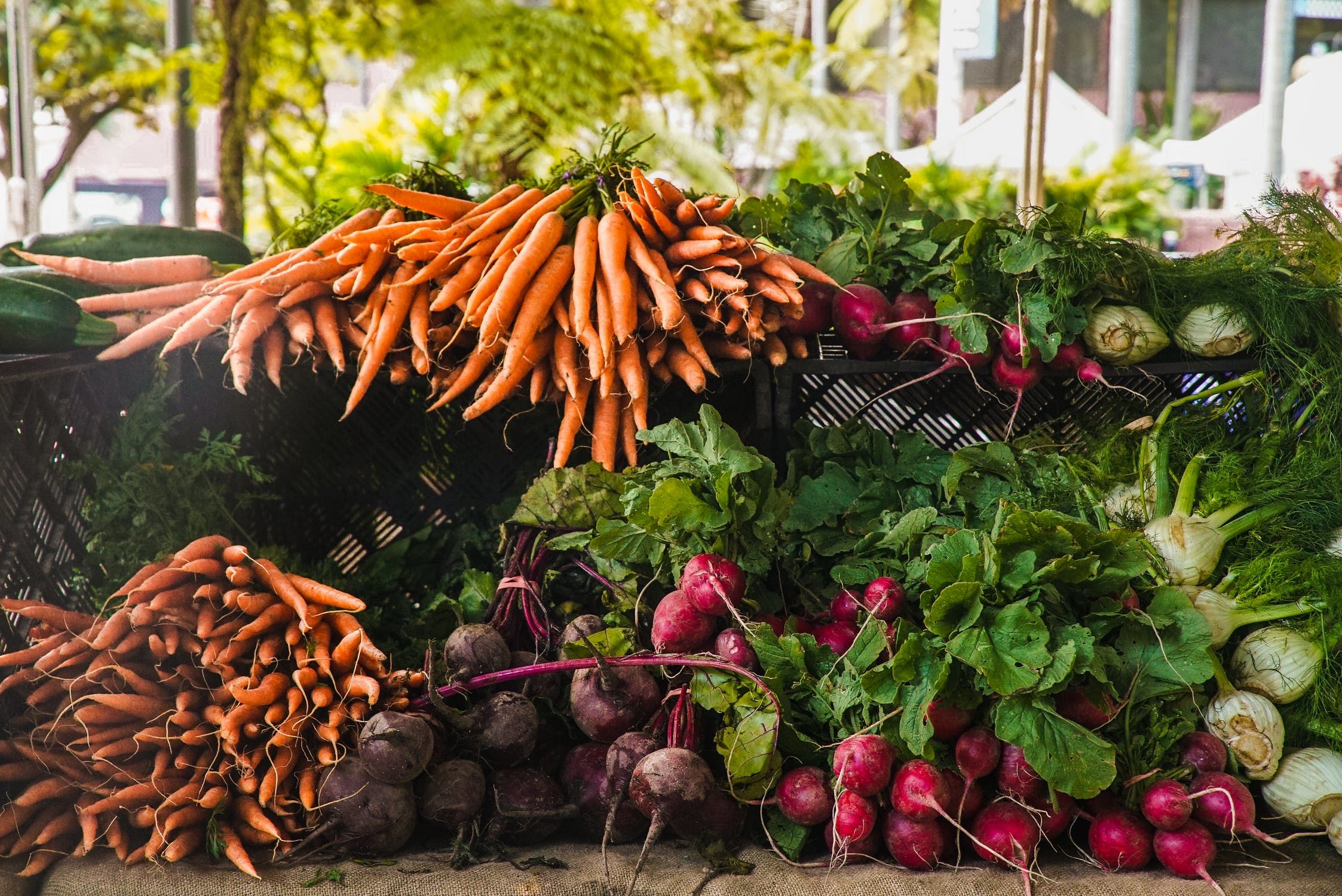No matter what state you live in, there is a farmers market near you. Farmers markets give many people the opportunity to eat the freshest and healthiest foods in their state.
Not only can you eat fresh and healthy food, you can often buy groceries at discount pricing when compared to certain grocery stores.
In this post, we will walk you through some of the best shopping tips to consider the next time you shop at a farmers market.
Know the Rules Beforehand
Before you go to a local farmers market, you should read about the rules they have. This is more important now due to the COVID-19 pandemic.
Currently, many farmers markets are requiring their customers to:
- Wear masks,
- Leave dogs at home,
- Social distance,and
- Stop touching food and items on display.
At the market customers might see:
- Traffic patterns to shop,
- No samples, and
- No cooking demonstrations.
Also, it’s important to know where you can and cannot park. Many farmers markets have limited parking. Oftentimes, customers will park in an area they should not and they end up getting a ticket.
To avoid this, check if there is parking information on the market’s website. This website is starting to offer parking maps for farmers markets across the United States.
With COVID-19 still spreading across the globe, expect to see constant changes to how customers can shop at these markets.
To understand all the rules and guidelines at your local farmers market, be sure to check their website, or ask an information booth at the market
Look for Produce in Season
One of the best parts about farmers markets is being able to buy produce in season. When you are able to buy produce like this, it will taste much better than when you buy it out of season.
Also, it helps you to avoid vendors who sell produce they buy from mass distributors. Yes, people buy produce in bulk from wholesalers then resell that produce at farmers markets for profit.
So, if you know peaches are in season from June-August and you see some available in March, these peaches are probably not the real deal.
Try to Build Relationships With Vendors
Building relationships with local vendors can open a wide variety of doors for you. These can help you understand how your food was grown and harvested.
You can also ask what some of their favorite recipes are with the food you purchase, or the best way to cook it.
Over time, you might even be able to score some discount deals on the goods they sell.
Arrive Early
Arriving early gives you the opportunity to buy the best produce and goods available. As the day goes on, many items will be picked over leaving many items not worth buying.
Shop Late for Bargains
If you shop towards the end of a farmers market you can often negotiate discount deals with many of the vendors.
While the produce may be uglier, it still tastes the same. Vendors are more open to discounting at the end of the day, because they do not want to pack everything up and they do not want to see items go to waste.
What’s important to note though, is some farmers markets do not allow end of the day bargains. Know the rules before you go, or ask the vendor when you show up.
Don’t Eliminate Non-Organic Produce
Some farmers do not offer organic produce. These farms follow organic growing practices, but they are unable to pay for organic certifications.
So, ask farmers how they grow their crops to see if they follow organic growing procedures.
Bring Cash
In 2020, most vendors are able to take card payments, but there are still a few who do not. Make sure to load up on cash before you arrive so you don’t miss out on any good buys!
Final Thoughts
Shopping at farmers markets can be a fun, exciting and a rewarding experience. There are so many options to consider and tons of information to learn.
To enhance your experience, be sure to consider some of the tips above and practice safe shopping.

